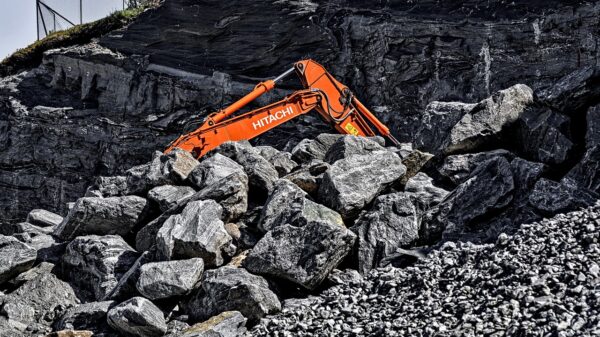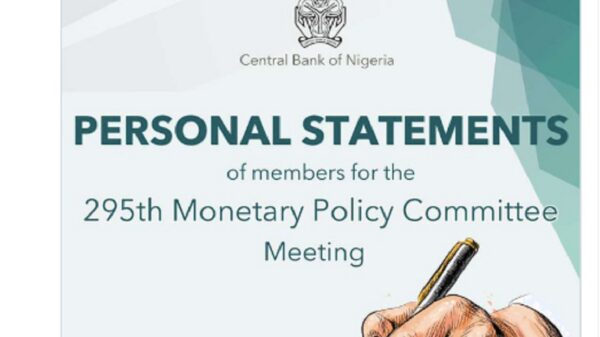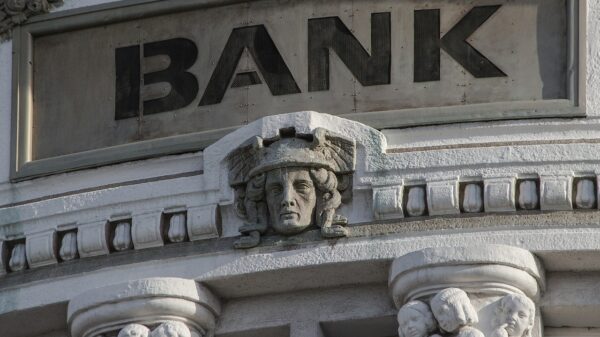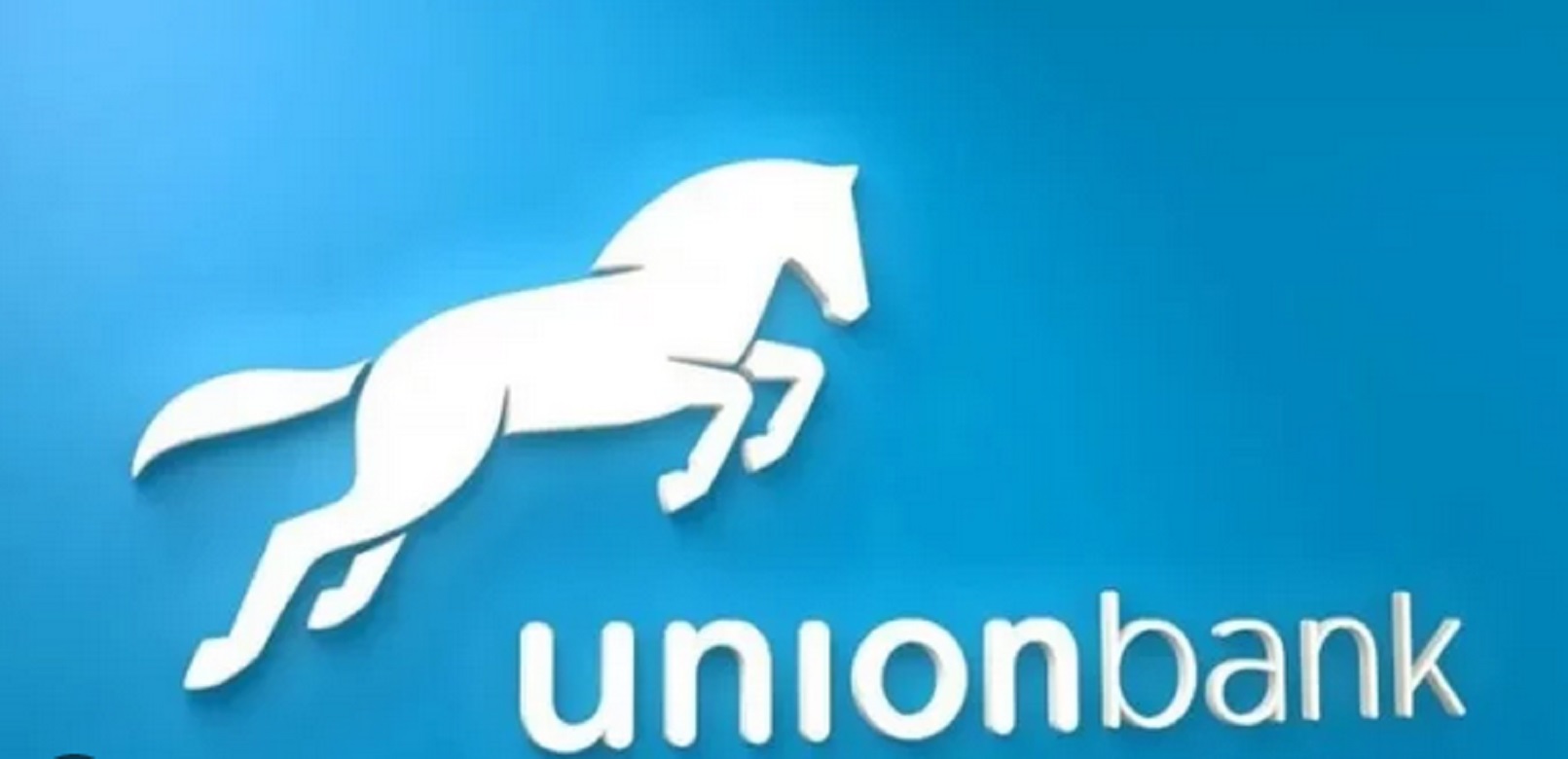TitanTrust’s Game-Changing Acquisition of Union Bank
Nigeria’s banking landscape is undergoing a transformative shift, with Union Bank, the country’s second-oldest deposit money bank, recently making headlines.
The bank, after a monumental acquisition by TitanTrust worth ₦191 billion, is now set to exit the Nigerian Exchange Group (NGX). This significant move not only reshapes Union Bank’s trajectory but also marks a crucial step in TitanTrust’s strategic plan to join Nigeria’s elite tier-1 banking institutions.
TitanTrust’s Strategic Leap
The acquisition by TitanTrust, culminating in their ownership of 89.3% of Union Bank’s shares, was a pivotal moment in Nigeria’s financial sector. This maneuver bolsters TitanTrust’s standing, catapulting their customer deposits to a staggering ₦1.53 trillion.
Union Bank’s Delisting Process and Shareholder Buyout
In the wake of this acquisition, Union Bank is initiating the delisting process from the NGX by purchasing all remaining shares. Offering shareholders ₦7.70 per share, a notable increase from the ₦7 per share during TitanTrust’s acquisition, this move aims to attract larger private investments. Today, the share price stands at ₦6.70, reflecting a positive trend from its opening value of ₦6.50.
CEO Mudassir Amray expressed, “This strategic shift aims to invite substantial private investments, further solidifying Union Bank’s position as a pioneer in Nigeria’s banking sphere.”
Nigerian Companies Embrace Going Private
Union Bank’s transition to a private entity follows a trend in the Nigerian market. It’s the third company in a year to embrace this change, with Ardova Plc concluding its 53-year stint on the NGX in July 2023. Rak Unity Petroleum, the first indigenous firm listed, also recently exited after undergoing a liquidation process.
Additionally, five more companies, including GlaxoSmithKline (GSK), PZ Cussons, Oando, Coronation Insurance, and Capital Hotel, are set to delist. The data reveals a substantial trend, with 121 companies delisted from the NGX between 2002 and 2022.
CBN’s Definitive Move: Old Naira Validity Extended Indefinitely
Meanwhile, the Central Bank of Nigeria (CBN) announced a groundbreaking decision regarding the validity of old Naira denominations. The apex bank intends to extend the validity of N200, N500, and N1,000 notes indefinitely.
CBN’s Rationale and Clarification
The decision to extend the legal tender status of these notes aligns with international best practices and aims to prevent previous challenges. The CBN’s Director of Corporate Communications, Isa AbdulMumin, emphasized the intention to overturn existing court rulings on this matter.
AbdulMumin stated, “All banknotes issued by the Central Bank of Nigeria will indefinitely remain legal tender, surpassing the initial December 31, 2023, deadline. This move aims to maintain continuity and prevent any inconvenience to the public.”
CBN’s Reassurance and Regulatory Clarity
This decision marks the third in a series of statements issued by the CBN concerning the Naira. Earlier announcements clarified the absence of Naira scarcity and reinforced the legality of all existing banknotes.
This development follows a previous move by the former CBN Governor, Godwin Emefiele, to redesign some denominations and curtail currency circulation. However, a Supreme Court ruling in March 2023 invalidated this policy due to insufficient consultation and procedural adherence.
The Way Forward for Nigerians
With this recent directive from the CBN, Nigerians can expect continued acceptance of old N200, N500, and N1,000 notes beyond December 2023. The decision received positive feedback, with industry experts praising the move for averting potential scarcity issues.
Victor Olojo, the National President of the Association of Mobile Money and Bank Agents in Nigeria, highlighted, “The CBN’s decision brings assurance and prevents scarcity, especially after earlier concerns.”
Transformations in Banking and Currency Regulations
As Union Bank charts a new course as a private entity and the CBN extends the validity of old Naira notes indefinitely, Nigeria’s financial landscape undergoes significant changes. These strategic maneuvers by key players like TitanTrust and the CBN signify a dynamic shift in the country’s banking and monetary policies, ensuring stability and fostering growth in the sector.
























































You must be logged in to post a comment Login